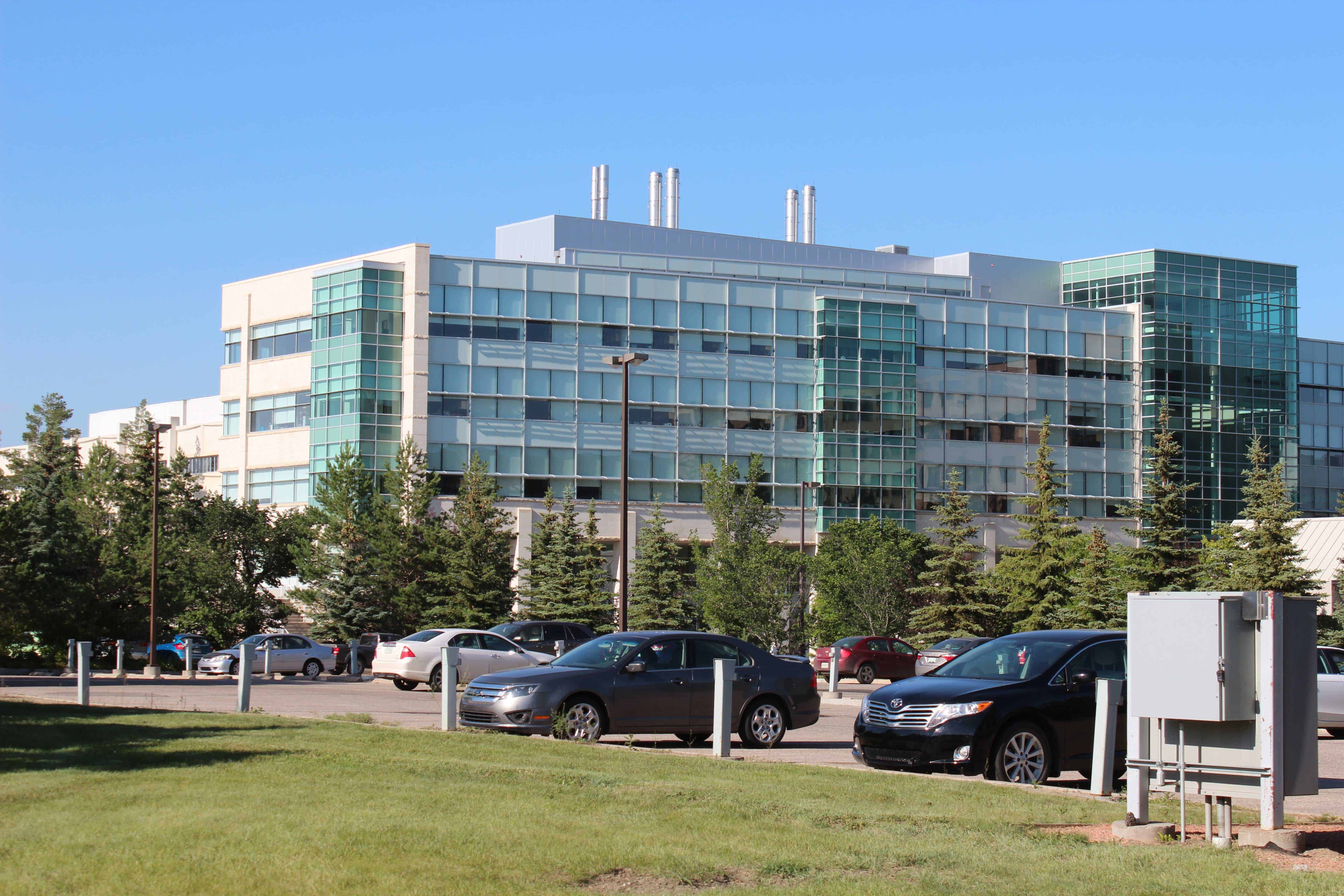Federal research funding for the U of R

Greater research to come from the University
The University of Regina has been awarded more then 1.4 million dollars for researchers by The Natural Science and Engineering Research Council of Canada (NSERC). This amount of money is granted to research and broaden knowledge and information on a specific field of study.
NSERC is an agency that supports students and graduates to initiate new discoveries in the field of natural sciences and engineering. The goal of this agency is to keep on building Canada’s tradition of scientific excellence. This is something that will certainly benefit Canadian citizens and the nation in coming years.
“The competition for NSERC funding is becoming more and more difficult,” said Dr. David Malloy, the Vice-President of Research at the U of R.
Even though it is becoming increasingly difficult to be granted funds by NSERC, the University has demonstrated that they deserve the funds that were awarded and will utilize them effectively.
“The professors and graduate students who were successful in this latest round are to be highly commended as their research has been judged, from a national perspective, to be excellent and on the leading edge of international scholarship,” adds Dr. David Malloy.
Furthermore, Dr. Dena MacMartin, an environmental engineer, has been granted the largest amount, $129,350, for a one-year period to study agricultural water management. Specifically, she is “investigating how some bacteria commonly found in fecal matter—known formally as ‘fecal coliforms’—end up in the water supply” as is stated on the U of R website. Escherichia coli (E. coli), a well-known bacteria usually found in contaminated water, causes gastro-intestinal illness that could take lives through food poisoning or exposure to contaminated water sources. Scientists hypothesize that this bacteria initiates from on-land cattle sources. As such, Dr. McMartin’s team is “interested in finding out how E. coli is transported from farmers’ fields to the water supply, and how it survives.”
Dr. MacMartin says that by conducting this research, it can help “farmers make the best decisions about how they manage their land and their livestock, ensuring that they are economically viable and protecting the environment at the same time.”
Along with Dr. MacMartin, Dr. Gordon Haung, Dr. Gavin Simpson, Dr. Howard Hamilton, Dr. Richard Manzon, Dr. Paitoon Tontiwachwuthikul, Dr. Douglas Farenick, Dr. Yongan Gu, Dr. Shawn Fallat, Dr. Fernando Szechtman, and Dr. Yang Zhao are some of the other professors who have been granted funds to either continue or start their research in the natural sciences and engineering field.
The University of Regina hopes to continue its excellency in the field of research and receive more funds from NSERC in an effort to enhance on campus research and published research.









